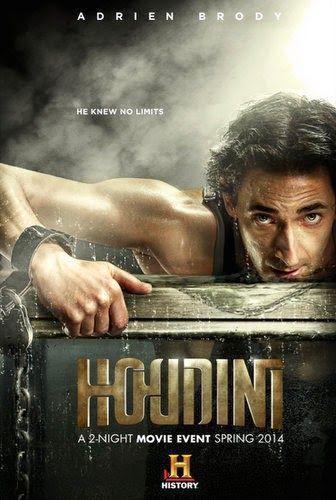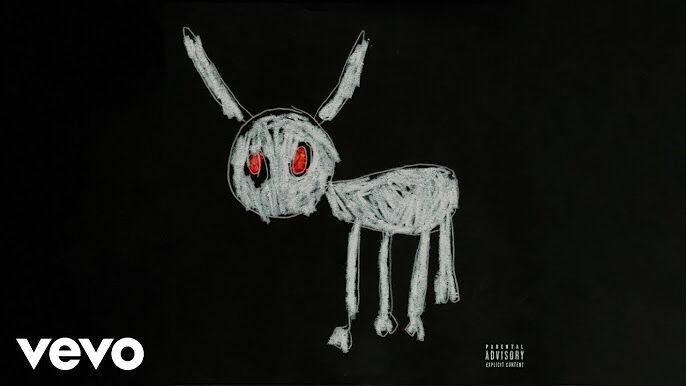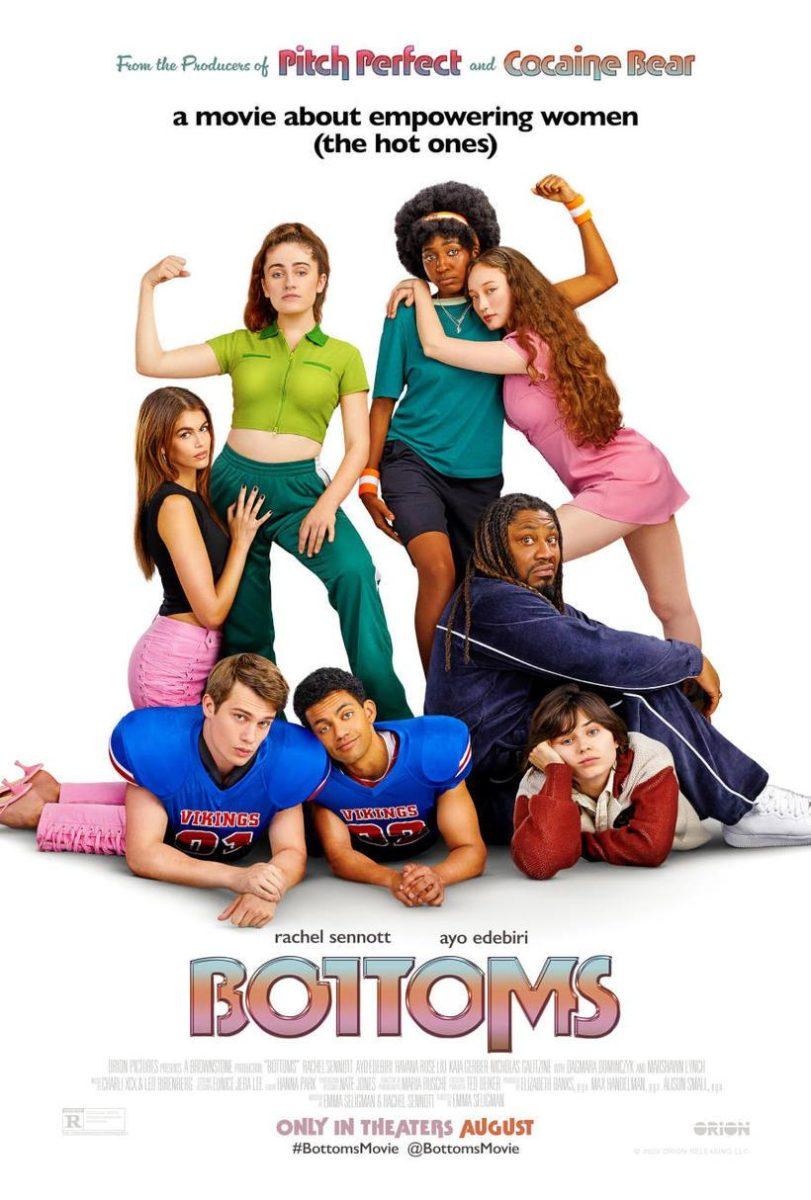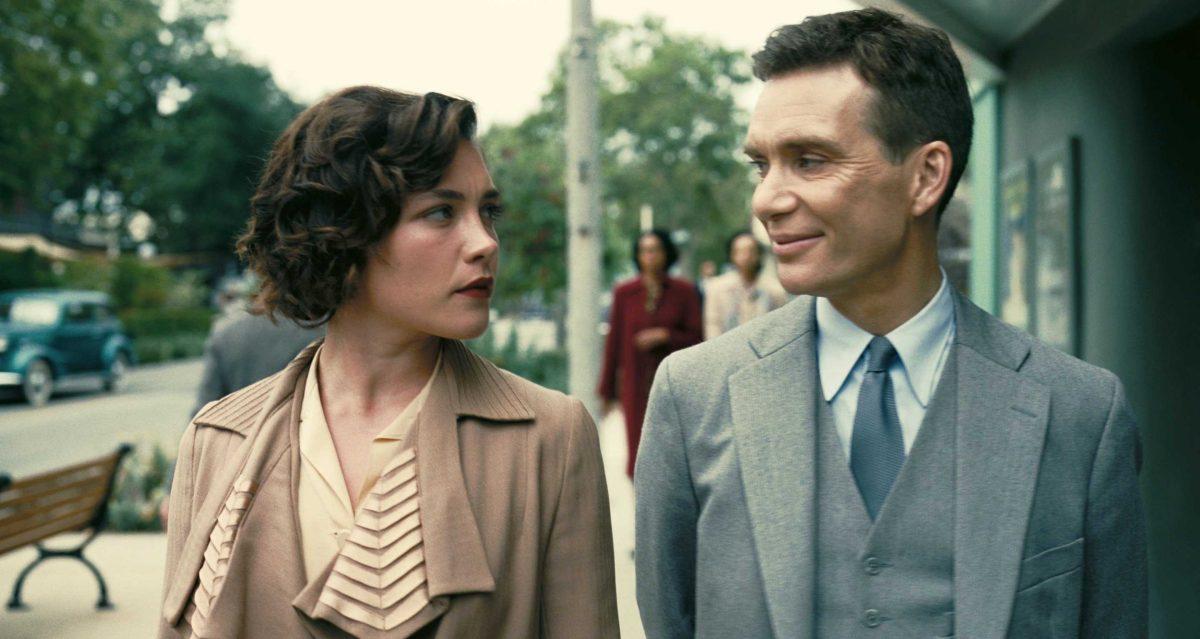Grade: 42/100
At the end of it all, after the four hour debacle of mishandled, painstakingly documentary account of Harry Houdini’s life, the viewer feels just as overwhelmed as he during one of his famed escapes. Clearly afraid of making itself merely a visual spectacle, “Houdini” relies instead upon a droning, clumsily written narration and several well-worn plot structuring methods to state its case. While Adrien Brody as Houdini is admirable in his attempt to single-handedly rescue a doomed movie from its eventual pitfall, he ultimately fails to succeed, though his signature brooding demeanor proves all too appropriate for the film that proves itself more of a psychoanalysis than a biopic.
Brody stands nearly alone as the single redeeming aspect of “Houdini.” Nevertheless, the direction of the escape scenes, in which the great magician’s thoughts are presented, and his ability to analyze a situation is broken down, prove to be highlights as the audience searches for something to call cinematic in this whirling dervish of a biopic. That seems to be about the only thing Uli Edel gets right with his direction, as an endless line of clichéd dialogue bits are strung together by possibly an even more clichéd line of plot devices. This isn’t the first film about an overachiever who hates his parents by any stretch of the imagination, but it certainly thinks it is. The heavy-handed script, which tends to take itself too seriously, is at times something more along the lines of a joke: his wife, played by the seemingly ever-nagging Kristen Connolly, exclaims “You may not be afraid of death, but you’re afraid of life!”
Aside from the two leads, one of which is only of note for her predictable lines of questioning and increasingly repetitive looks of brooding concern, no one else really stands out from the crowd. Fitting, really; among a dreary, lackluster backdrop, who are we, the people who fill it to be anything more than dreary and lackluster? “Houdini” makes its way easily enough through a first act forgivably free enough of faux pas, as the script attempts to nestle its way into classy company from the beginning by opening things up with a narration from its lead. “Goodfellas,” “American Beauty,” and “Titanic”: each is introduced to us through a familiar writing device that, if done correctly, can set the stage beautifully for the remainder of the film. “Ever since I can remember, I always wanted to be a gangster.” That’s an example of narration done right. “Unlike other people, I don’t escape life; I escape death.” That, on the other hand, is prime example of why narration requires an excellent script to work its way out of the tacky zone.
“Houdini” is, admittedly, an interesting, if not fascinating, snapshot of the life of one of the twentieth century’s most captivating figures. It shows us parts of his life that we may never have otherwise known existed, true; but it does so in a way that is so heavy-handed, so predictably written, and so perturbingly dialogued that it renders the second act nearly unwatchable. Worth a go? Sure, if you’ve got time on your hands. But it doesn’t look like The History Channel is returning with a bang anytime soon.
REVIEW: “Houdini”
September 3, 2014

History Channel
More to Discover







